Affordable and Clean Energy

Home » Affordable and Clean Energy » SDG 7 -Ignite Power – Lighting Up Africa-By Dr. Eitan Eliram Lead Innovation Strategist
SDG 7 -Ignite Power – Lighting Up Africa-By Dr. Eitan Eliram Lead Innovation Strategist
By Maya Friedman
Ignite Power
Ignite’s story begins in 2013, with 43 years-old Yariv Cohen, London business school graduate and CEO of ‘Camco’, a renewable energy company. During one of his business trips, Yariv was faced with one of the greatest challenges of the Rwandan government- connecting Rwandans to electricity. Rwandan is not alone- according to the IEA (The International Energy Agency), 13% of the global population lives without electricity. The UN even announced this challenge as one of their prime goals for the next decade (to be elaborated shortly). Cohen turned to a colleague- Angela Homsi, and together with their first investor Seth Merrin, Ignite Power was founded. Six years later the company has connected over 1 million people in Africa to electricity, setting a positive precedent for more impact investments.
The challenge
Connecting the most rural areas in Rwanda to the existing electricity grid would be no simple mission. Ignite suggested a new approach; an off-grid, simple solar-panel, designed for domestic use. These panels enable Rwandan’s to produce their own electricity, using the most accessible resource in Africa- sun light. Ignite’s staff arrives to villages and shows the locals how to use the panels, which produce electricity for at least a few hours a day. Despite their size (no larger than the average lap-top), they can produce enough electricity to recharge cell phones and light up a home with LED lamps.
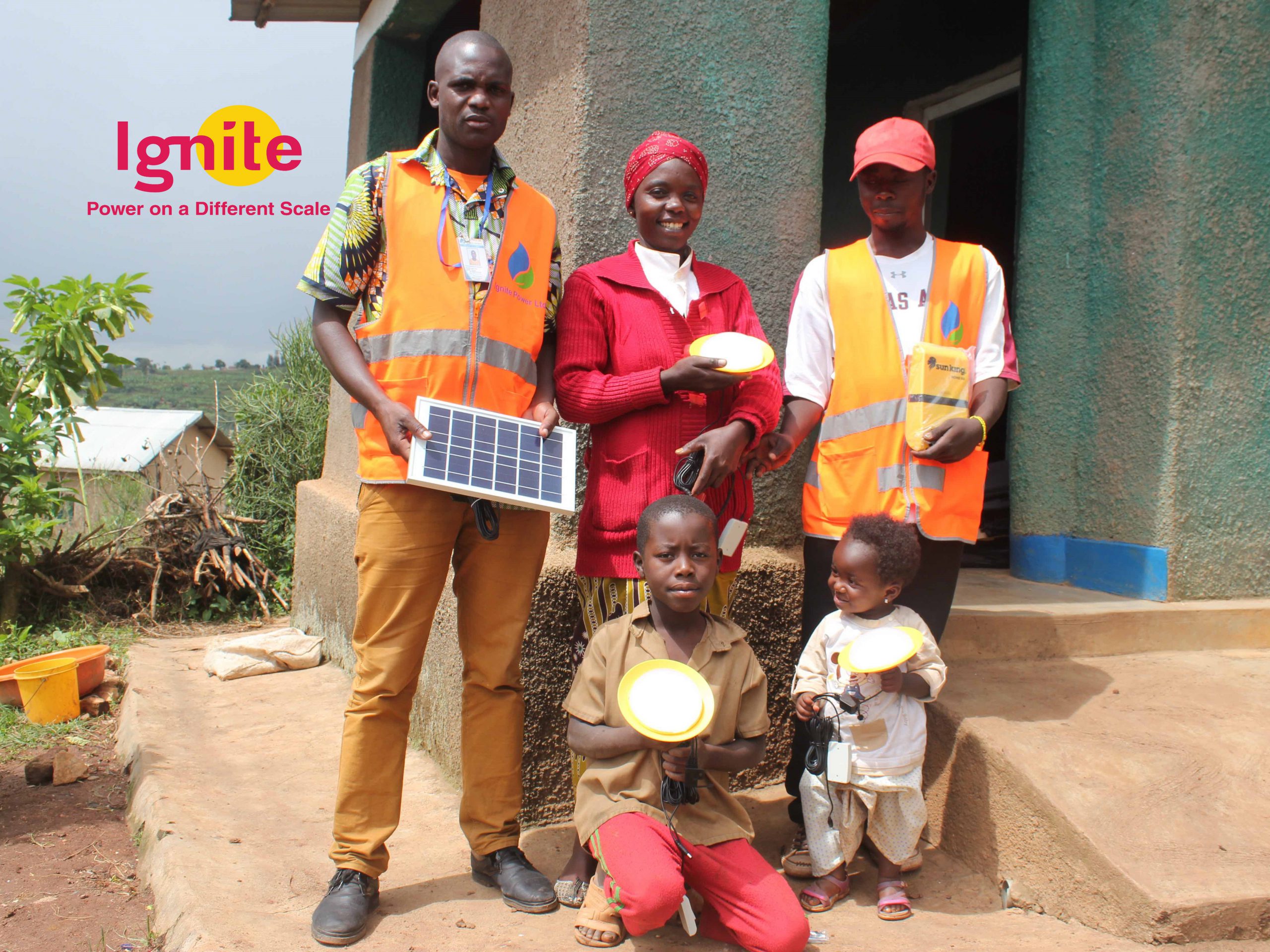

A sustainable business model
In Rwanda, were the average monthly wage is 60$, Ignite is charging as low as 4$ for the service. One would mistakenly think this is yet another philanthropy initiative. “Donations are good in the short term” says Angela Homsi, today the company’s Investment vice -president. “But they are not reliable for the long run. We need to create true value for investors”. In addition to the monthly subscription fee, customers pay 1 cent for an hour of electricity, “the cheapest plan in Africa”, Cohen says. The return on the investment (ROI) is approx. two years. Surprising enough, the costumers pay through their cell phones- A creative solution for 98% of costumers not owning bank accounts.The Impact
In 2015 the UN published 17 sustainable development goals- urgent calls for action by all countries to be achieved by 2030. Ignite Power is a direct implementation of the 7th goal– Ensuring access to affordable, reliable, sustainable and modern energy for all. Ignite has indeed enhanced international cooperation and increased the global investments in Africa, raising tens of millions of dollars, mostly from American investors. Most importantly, Ignite has generated 1 billion hours of clean electricity and saved 120,000 tons of toxic emissions to the air we breathe. Ignite is also good news for the local workforce, so far creating 3,500 local jobs and enabling people (women especially, which mostly work at home) to work after dark.
Following the success of the domestic solar panels, Ignite launched larger panels designed for agriculture which power water pumps. Farmers can now grow three times per year, resulting the average disposable income of farmers (which are 60% of the population in sub-Sahara countries) to grow from 20% to 30%. There are more innovations underway too, such as domestic clean-energy cooking stoves and a local executive leadership academy.
Lighting up the future
Ignite now works in five countries in Africa, including Mozambique where Ignite will be supplying electricity to 1.8 million citizens over the next three years for 48 million dollars in cooperation with the government.
Ignite’s story is a leading example of the unique art of creating a sustainable, profitable business model that embeds structured social impact at its’ core. Want to read more about Ignite Power? Visit their website and help support their mission.
Related articles
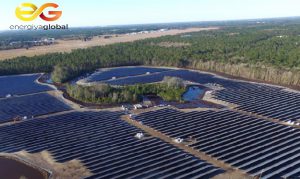

SDG 7 -Energiya Global – Fields of Energy
Affordable and Clean Energy Describing himself on Twitter, CEO of Energiya Global Yosef Abramowitz says, “You will find me where the dark forces of oil
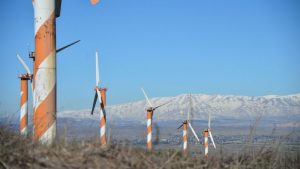

SDG 7 -The (Energy) Answer is Blowing in the Wind-By Dr. Eitan Eliram Lead Innovation Strategist Feb 2024
Affordable and Clean Energy Going back just two years, sober reports claimed that less than 3% of Israel’s energy came from renewable sources. But the
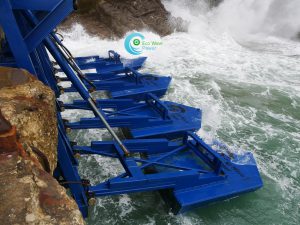

SDG 7 -Riding the Power of the Wave-By Dr. Eitan Eliram Lead Innovation Strategist Aug. 2024
Affordable and Clean Energy Inna Braverman, founder and CEO of Eco Wave Power is one of the rare breeds of female entrepreneurs who took the


















